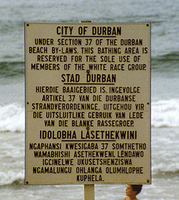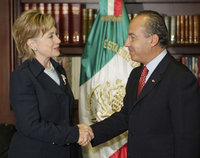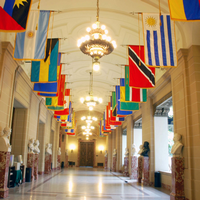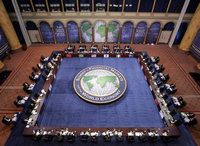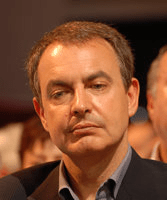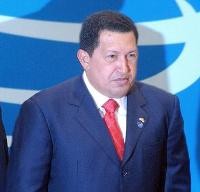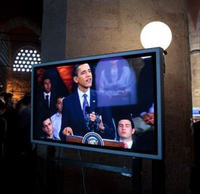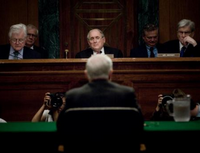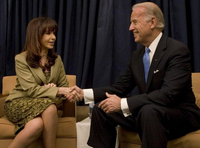
One local candidate is comparing his crime-fighting abilities to Batman’s. A would-be president has promised to raise the minimum wage to $77, because seven is a good number. And the government’s “revolutionary” version of the Beatle’s song “Hey Jude” has incurred the wrath of the copyright administrators. Yet if Ecuador’s election season seems strange, it pales in comparison to the chaos that went before. Seven presidents in the decade following 1997. Three leaders overthrown. A banking and currency collapse. This was Latin America’s basket case. Today political stability has been restored, thanks in large part to one president’s popularity. Rafael […]


